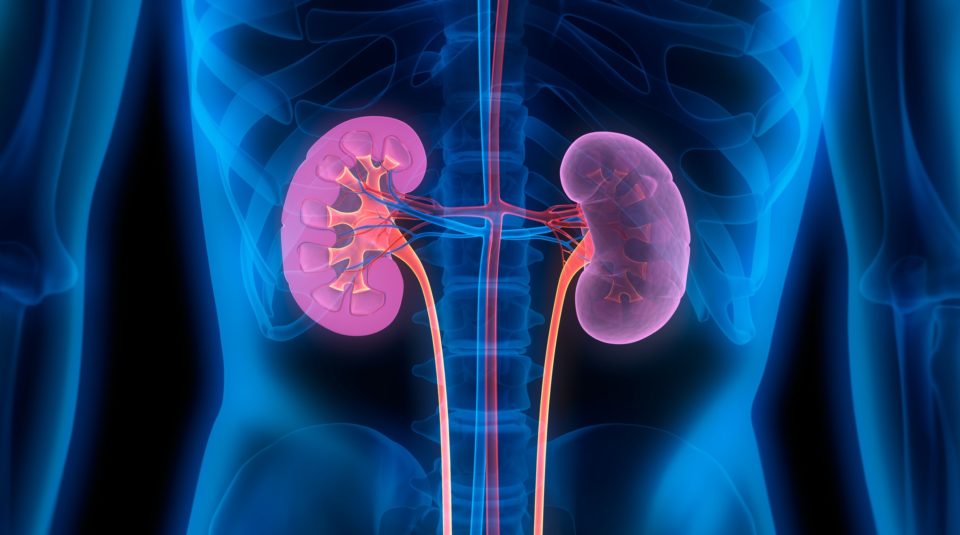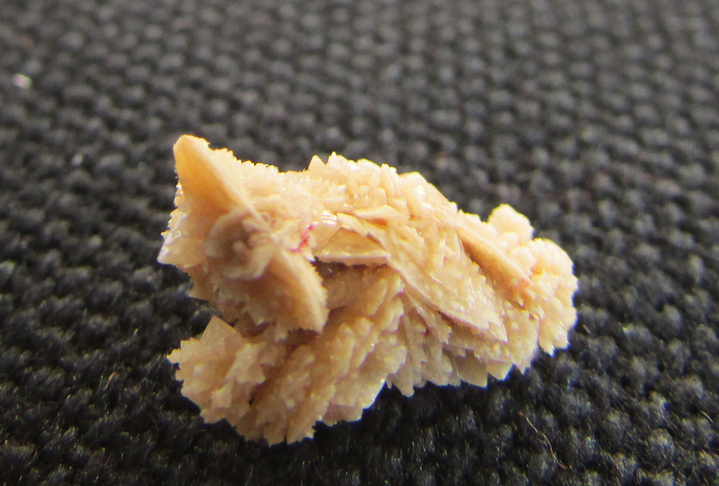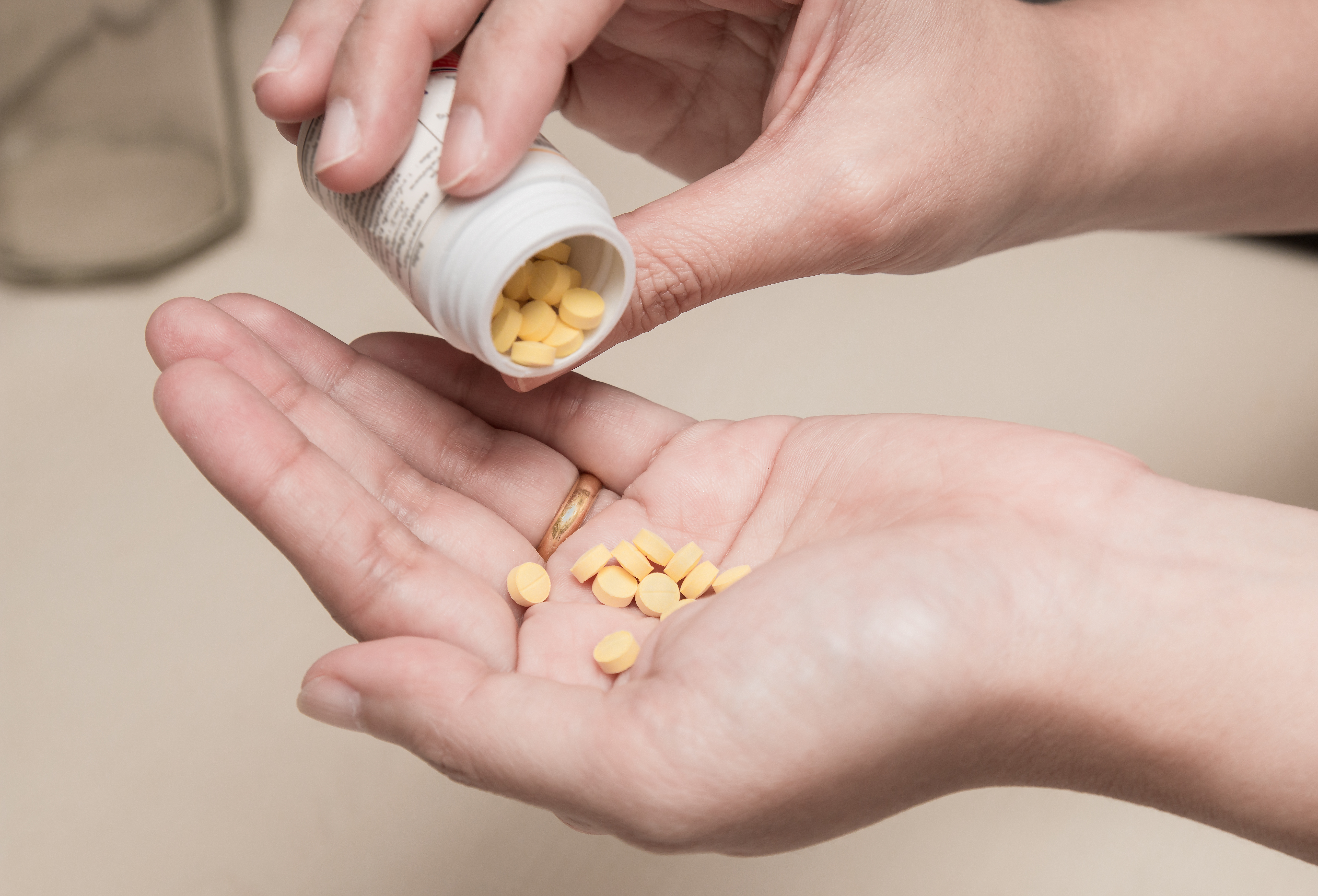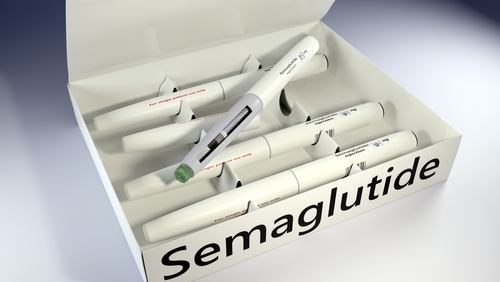
Final results from the phase 3 BRIDGE clinical trial of pegunigalsidase alfa were presented at the 17th Annual WorldSymposium 2021, according to a press release from Protalix BioTherapeutics, Inc, and Chiesi Global Rare Diseases. The conference that focused on lysosomal disease was held virtually February 8-12, 2021. Pegunigalsidase alfa is an investigational therapy in development for the potential treatment of Fabry disease.
Ales Linhart, MD, Charles University, Praha, Czech Republic, a principal investigator in the trials, reported the results in oral and poster sessions. The BRIDGE trial was a 12-month open label, single arm switch over study designed to evaluate the safety and efficacy of pegunigalsidase alfa, 1 mg/kg infused every 2 weeks, in up to 22 patients with Fabry disease previously treated with agalsidase alfa (marketed by Takeda Pharmaceutical Company as Replagal®) for at least 2 years and on a stable dose for at least 6 months. Replagal is not approved in the United States.
The data presented at the conference showed substantial improvement in renal function measured by mean annual estimated glomerular filtration rate (eGFR slope) in both men and women who were switched from agalsidase alfa to pegunigalsidase alfa. The mean annualized eGFR slope improved from –5.90 mL/min/1.73 m2 per year while on agalsidase alfa to –1.19 mL/min/1.73 m2 per year on pegunigalsidase alfa in all patients. Men improved from –6.36 mL/min/1.73 m2 per year to –1.73 mL/min/1.73 m2 per year and women improved from –5.03 mL/min/1.73 m2 per year to –0.21 mL/min/1.73 m2 per year. There was a decrease in patients with progressing or fast progressing kidney disease following the switch to pegunigalsidase alfa, and the majority of patients achieved stable status post-switch.
Of the 22 patients, 20 completed the 12-month treatment duration; 18 of those opted to roll over to a long-term extension study and continue treatment with pegunigalsidase alfa.
“The final analysis of the BRIDGE study in Fabry patients previously treated with agalsidase alfa demonstrates a potential benefit of pegunigalsidase alfa on renal function,” Dr. Linhart said.
Topline results from the BRIGHT phase 3 clinical trial were also announced in February. The BRIGHT trial was designed to evaluate pegunigalsidase alfa, 2 mg/kg administered every 4 weeks, for the potential treatment of Fabry disease.
Among patients with Fabry disease previously treated with commercially available enzyme replacement therapy for a minimum of 3 years and on a stable dose administered every 2 weeks, topline results of the BRIGHT trial found that pegunigalsidase alfa administered by intravenous infusion every 4 weeks was well tolerated and stable clinical presentation was maintained. No new patients developed treatment-induced anti-drug antibodies following the switch to treatment with pegunigalsidase alfa.
In a press release, Einat Brill Almon, PhD, senior vice president and chief development officer at Protalix, said, “We are excited to share these topline results from the BRIGHT study, our third consecutive positive clinical trial of pegunigalsidase alfa following the phase 1/2 and the BRIDGE clinical studies. The results indicate that this investigational therapy is well tolerated and potentially an effective treatment for adult patients living with Fabry disease. We are encouraged to see that all of the patients who completed this study chose to enroll in the long-term extension study. Currently, 80% of the patients enrolled in the BRIGHT study have been treated with this treatment regimen for over 2 years. We look forward to advancing this study and further evaluating the results.”
John Bernat, MD, PhD, University of Iowa, principal BRIGHT investigator, said, “Patients participating in the BRIGHT study have expressed their satisfaction with the once every 4 weeks regimen. Infusions of 2 mg/kg once every 4 weeks has the potential to enable patients to maintain their clinical status while reducing their number of treatments by half.”
Dr. Almon added, “Of the 30 patients enrolled, 29 remained negative for anti-drug antibodies throughout the course of treatment. Of the 10 patients who were initially positive for anti-drug antibodies, four became negative for neutralizing antibodies at 12 months, suggesting tolerization by these patients. We find these immunogenicity data very encouraging and supportive to the positive benefit-risk profile of pegunigalsidase alfa.”







 © 2025 Mashup Media, LLC, a Formedics Property. All Rights Reserved.
© 2025 Mashup Media, LLC, a Formedics Property. All Rights Reserved.